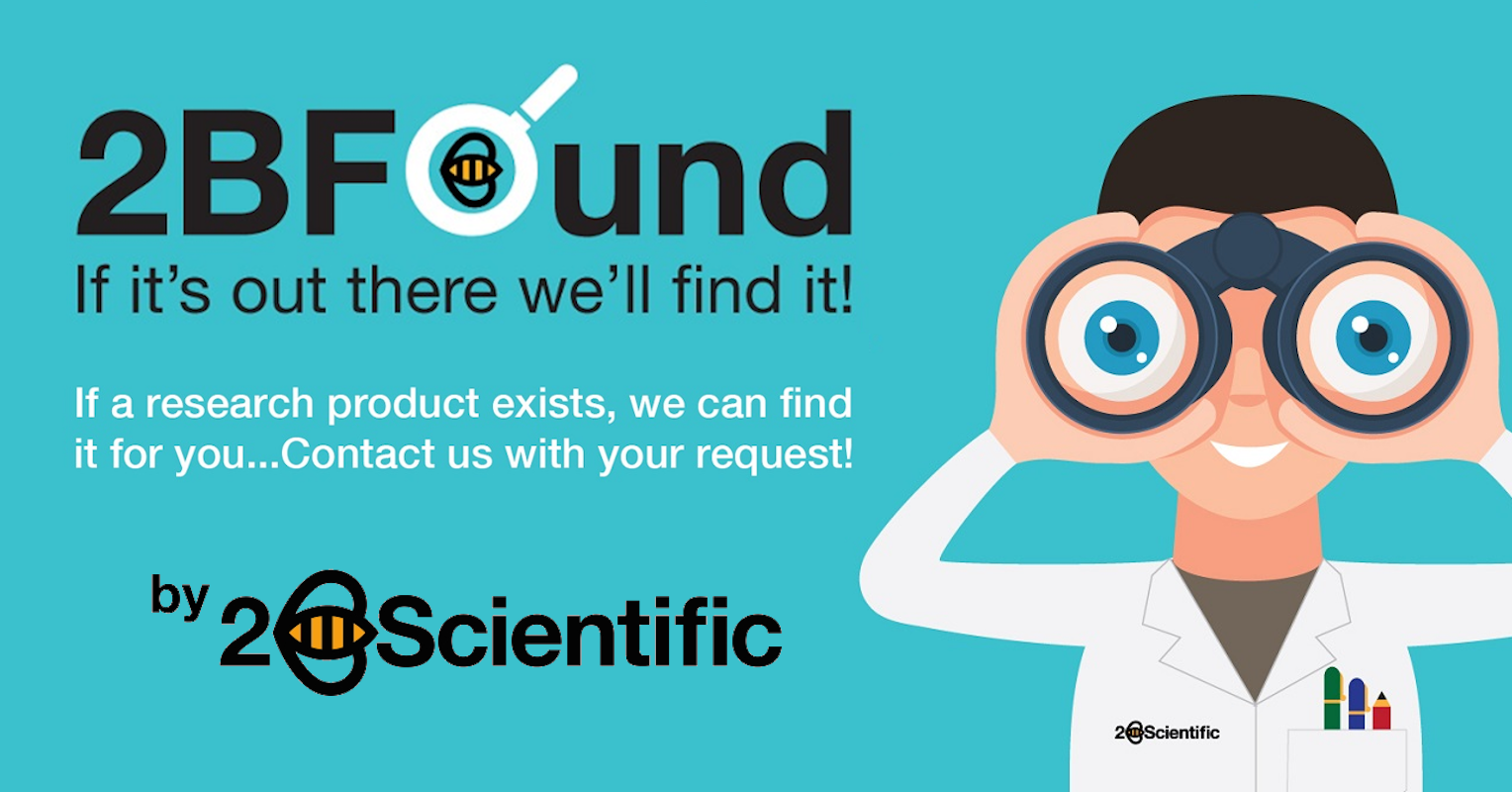
EphB4
Product Sizes
100 ug
£ POA
103-M172-100UG
About this Product
- SKU:
- 103-M172
- Additional Names:
- Ephb4; Htk; MDK2; Myk1; Tyro11; AI042935Htk; MDK2; Myk1; Tyro11; AI042935
- Application:
- IHC-Paraffin, Western Blot
- Buffer:
- PBS
- translate.label.attr.clone:
- 6A14
- Clonality:
- Monoclonal
- Extra Details:
- EphB4, also known as Htk, Myk1, Tyro11, and Mdk2, is a member of the Eph receptor family which binds members of the ephrin ligand family. There are two classes of receptors, designated A and B. Both the A and B class receptors have an extracellular region consisting of a globular domain, a cysteinerich domain, and two fibronectin type III domains. This is followed by the transmembrane region and cytoplasmic region. The cytoplasmic region contains a juxtamembrane motif with two tyrosine residues, which are the major autophosphorylation sites, a kinase domain, and a conserved sterile alpha motif (SAM) in the carboxy tail which contains one conserved tyrosine residue. Activation of kinase activity occurs after ligand recognition and binding. EphB4 has been shown to bind ephrinB2 and ephrinB1. The extracellular domains of human and mouse EphB4 share 88% amino acid identity. Only membranebound or Fcclustered ligands are capable of activating the receptor in vitro. While soluble monomeric ligands bind the receptor, they do not induce receptor autophosphorylation and activation. In vivo, the ligands and receptors display reciprocal expression. It has been found that nearly all receptors and ligands are expressed in developing and adult neural tissue. The Eph/ephrin families also appear to play a role in angiogenesis.
- Formulation:
- lyophilized
- Host:
- Rat
- Immunogen:
- recombinant mouse EphB4 extracellular domain
- Isotype:
- IgG1
- Purification:
- Protein G/A chromatography
- Reactivities:
- Mouse
- Shipping Conditions:
- Ambient
- Storage Conditions:
- -70[o]C lyophilized. Avoid freeze/thaw cycles., -20[o]C reconstituted. Avoid freeze/thaw cycles.
- Supplier:
- ReliaTech
- Type:
- Antibody: Monoclonal Antibody
